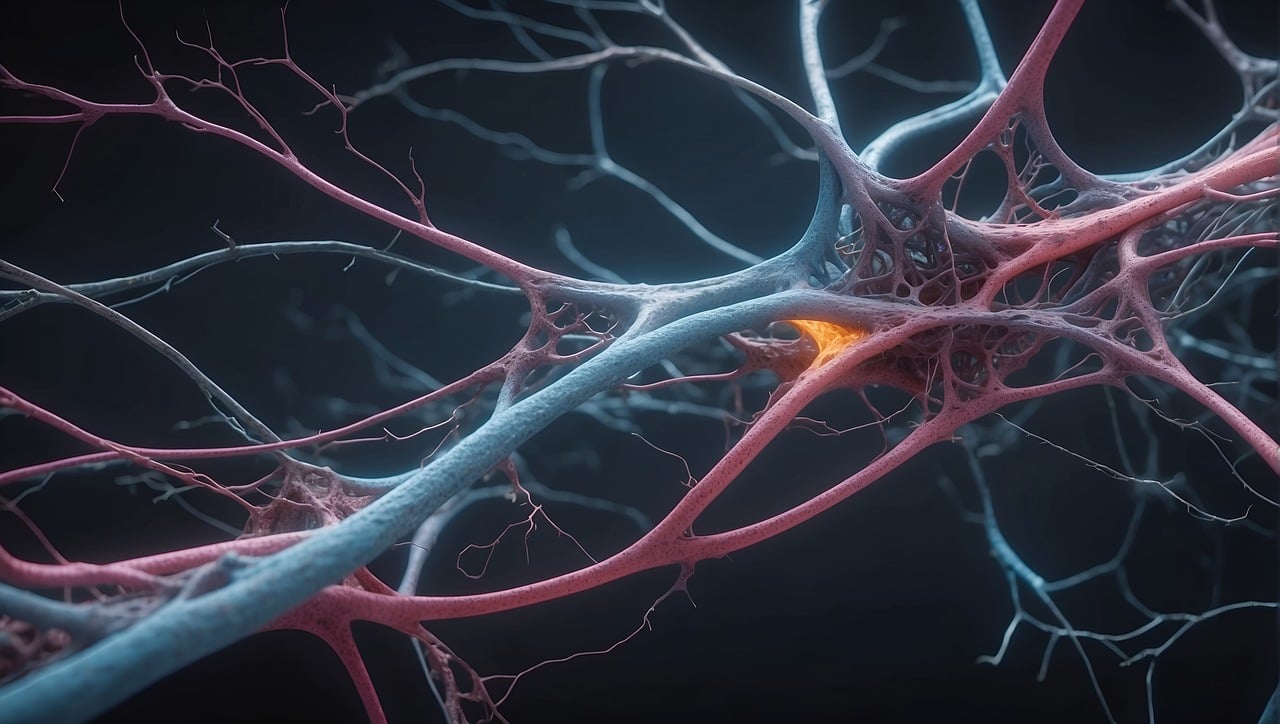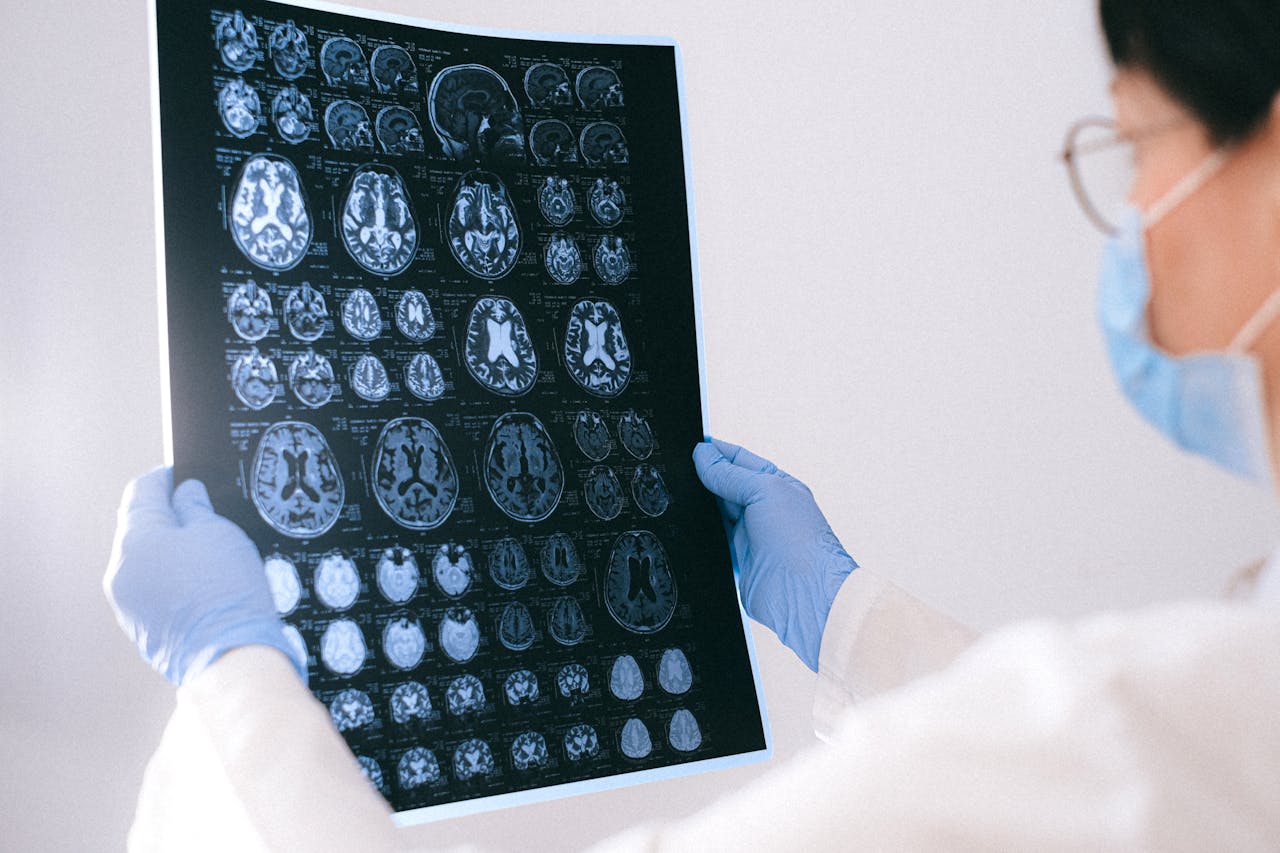
Scientists have not been able to observe changes between brain cells directly in a living rodent model until now.Continue reading

Mathematical models derived from artificial intelligence (AI) research have helped Hungarian researchers better understand the interactions of human memory systems, revealed the HUN-REN Hungarian Research Network’s website. The study by researchers at the HUN-REN Wigner Research Center for Physics and the Max Planck Institute highlights why, contrary to previous theories, our surprising experiences are particularly important: they help our brains to continuously learn about the world.
Our memory is not infallible; in fact, we sometimes remember things that we have not experienced. From the perspective of memory research, one advantage of memory errors is that they occur regularly, making it possible to explore the mathematical principles behind them. These principles also promise to help us understand how various optimization processes in memory result in errors.
Gergő Orbán (HUN-REN Wigner Research Center for Physics), in collaboration with Dávid Gergely Nagy and Charley Wu, from the Max Planck Institute and Eberhard Karls University in Tübingen, published a study in Nature Reviews Psychology, proposing a machine learning-based approach to understanding the interactions of human memory systems.
How does machine learning relate to this?
Mathematical models derived from AI research provide a tool not only to document errors, but also to understand their function and the learning and information compression principles behind them.
Information theory provides guidance on what is worth remembering, i.e., what information is worth storing resources for and what is better to forget. In their work, they pointed out that, based on information theory, it would not be “worthwhile” for the brain to remember experiences that are too rare or unusual.
Nevertheless, it is precisely these surprising experiences that often leave a deep and rich impression on our memory.
Based on mathematical reasoning, the authors concluded that in order to learn well, our brains need to retain surprising, unusual experiences. These experiences are not completely astonishing, but they are special enough to stand out from everyday life, and that is precisely why they help us better understand how the world works.
While storing our experiences generally helps us to plan more effectively or predict events, the role of memorizing surprising events is primarily critical in terms of updating our knowledge, so that we can continue to plan effectively in the future. Machine learning not only helps us predict what our memory will remember and what it will forget, but also provides guidance on how to learn or teach: when to repeat and when to move on to the next challenge, they added.
Via hun-ren.hu, Featured image: Pexels